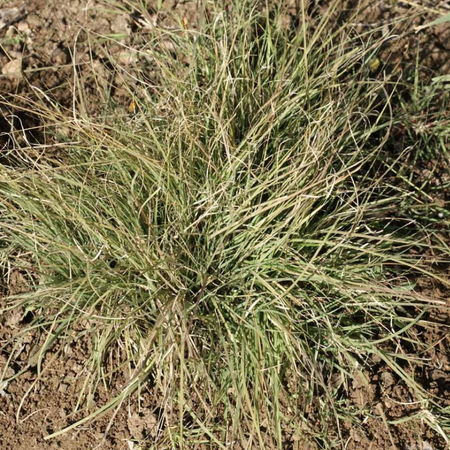Buffalo, Grass Seed
Key Attributes
Key Attributes
Product Details
Weight
1Botanical Name
Buchloe dactyloidesSeed Type
SeedSeeds Per Gram
110Seeds Per Pound
50,000Best Time To Sow
April-JuneSow Depth
1/8"Broadcast Rate Per Acre
20-30 lbs.Seeds Per Ounce
3,125Breed
Open-pollinatedSun
Full SunLife Cycle
AnnualCategories
Cover CropDays To Maturity (# Days)
90Seeds Per Acre
25 lbsComponents
Growing Instructions
Shipping Schedule
Our Seed Promise
 "Agriculture and seeds" provide the basis upon which our lives depend. We must protect this foundation as a safe and genetically stable source for future generations. For the benefit of all farmers, gardeners and consumers who want an alternative, we pledge that we do not knowingly buy or sell genetically engineered seeds or plants.
"Agriculture and seeds" provide the basis upon which our lives depend. We must protect this foundation as a safe and genetically stable source for future generations. For the benefit of all farmers, gardeners and consumers who want an alternative, we pledge that we do not knowingly buy or sell genetically engineered seeds or plants.
The mechanical transfer of genetic material outside of natural reproductive methods and between genera, families or kingdoms, poses great biological risks as well as economic, political, and cultural threats. We feel that genetically engineered varieties have been insufficiently tested prior to public release. More research and testing is necessary to further assess the potential risks of genetically engineered seeds. Further, we wish to support agricultural progress that leads to healthier soils, to genetically diverse agricultural ecosystems, and ultimately to healthy people and communities.
To learn more about the "Safe Seed Pledge" please visit www.councilforresponsiblegenetics.org.

